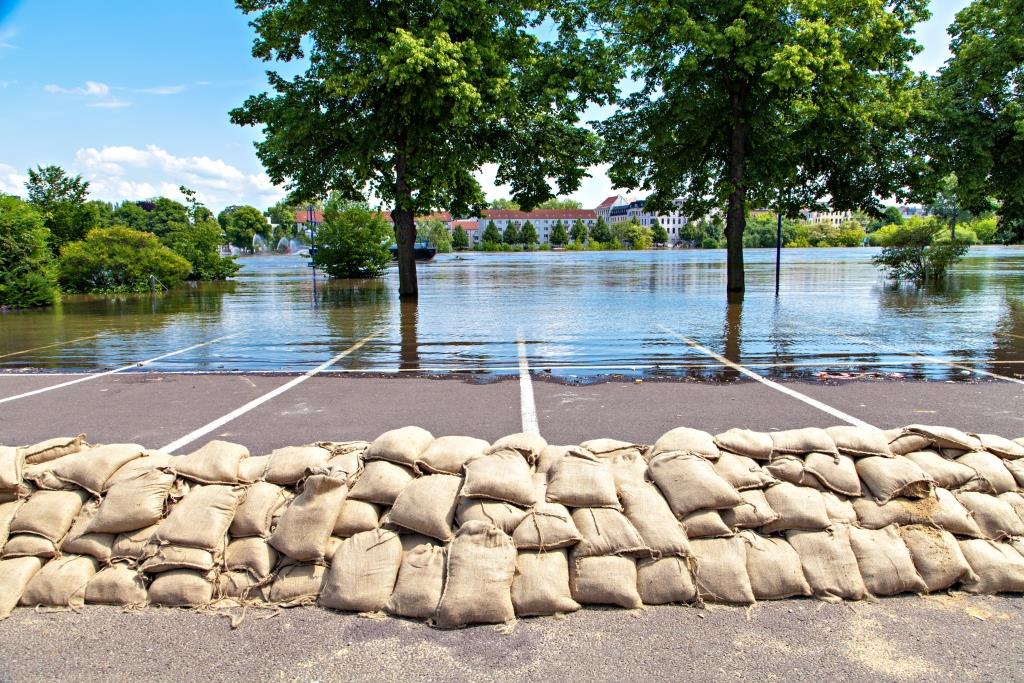Strengthening synergies between culture and climate change science
The first-ever International Co-Sponsored Meeting on Culture, Heritage and Climate (ICSM CHC) brought together scientists and experts to explore linkages between culture and heritage, climate science and climate action this past December. The event was jointly organized by the United Nations Educational, Scientific and Cultural Organization (UNESCO), the Intergovernmental Panel on Climate Change (IPCC), and the International Council on Monuments and Sites (ICOMOS).
The event focused on advancing heritage and culture-based actions for climate resilience and carbon mitigation. ICLEI – Local Governments for Sustainability and the International Union for Conservation of Nature (IUCN) were among the proud partners.
Currently, climate change represents one of the greatest threats to culture and heritage, from the physical damage of extreme weather to the stresses these forces place on practice and transmission of cultural traditions.
At the same time, culture and heritage are essential resources for addressing climate change – from traditional land and water management practices and architecture to physical and psychological refuges for communities during and after climate-related emergencies. Culture and heritage can also be sources of creative solutions to climate issues.
The meeting aimed to establish a scientific merit to integrate cultural dimensions in climate action through three key areas: (1) vulnerability and understanding risks, (2) intangible cultural heritage, diverse knowledge systems and climate change, and (3) the role of cultural and natural heritage for climate action.
“Culture and heritage are primarily local phenomena due to the hundreds – and in some cases, thousands – years of history of cities and their local conditions. This means local and regional governments have massive responsibilities to protect them. But at the same time, the humanity of the urban world should collectively develop a new culture of sustainability in order to reach a 1.5 C compatible world under the Paris Agreement and deliver other sustainable development goals. To this extent, ICLEI and its network of more than 2500 local and regional governments are already playing a leading role,” said Yunus Arikan, Director of Global Advocacy at ICLEI and Focal Point of the Local Governments and Municipal Authorities Constituency to the UNFCCC, who also serves as a member of the Scientific Steering Committee of ICSM CHC.
Assessing the links between culture, heritage and climate change responses will also serve as a catalyst for new research, projects, and publications on culture, heritage, and climate action in advance of the IPCC’s upcoming 7th Assessment cycle, and beyond.
Culture and heritage are those tangible or intangible assets that connect us to the past, and help us understand the context we live in today and what we will pass to future generations. For example, natural heritage, such as ecosystems and biodiversity, often benefit people economically, socially, and environmentally. Cultural resources keep us connected to religions, traditions, and beliefs, forging and developing our identity as individuals and communities. Culture and heritage can act as powerful forces for tomorrow’s solutions, especially for those that demand for transformative and innovative lifestyles in responding to multiple crises, challenges and opportunities.
“ICLEI is proud to act as a partner in the development of Internationally Co-Sponsored Meeting on Culture, Heritage and Climate, by UNESCO, IPCC and ICOMOS. We particularly welcome the strong synergy with the first IPCC Co-sponsored Cities and Climate Science Conference in 2018, as well as the vision to contribute to the upcoming IPCC Special Report on Cities in the 7th Assessment Cycle. We are therefore committed to supporting the implementation of the outcomes of this unique meeting,” said Arikan.
The International Conference was primarily funded by The German Federal Environmental Foundation with additional support from the Swiss Federal Office of Culture and The National Cultural Heritage Administration of China.






